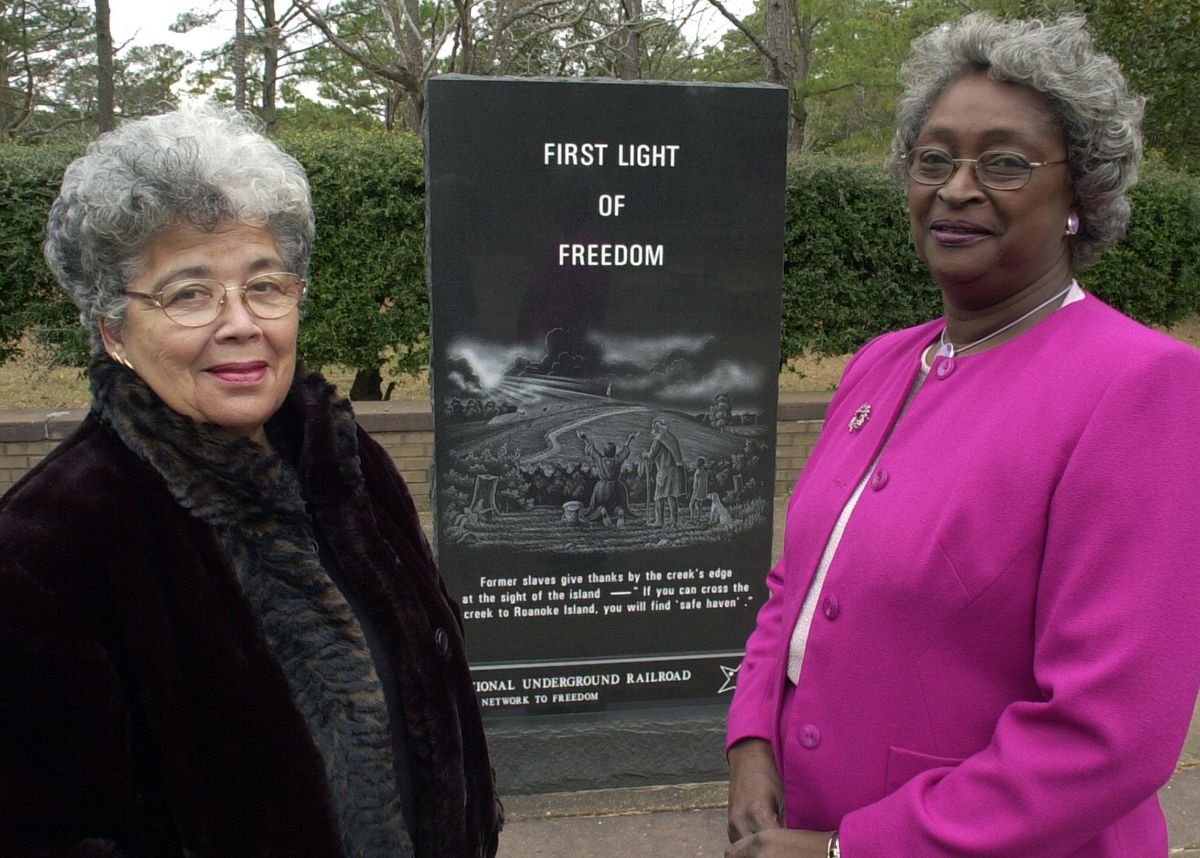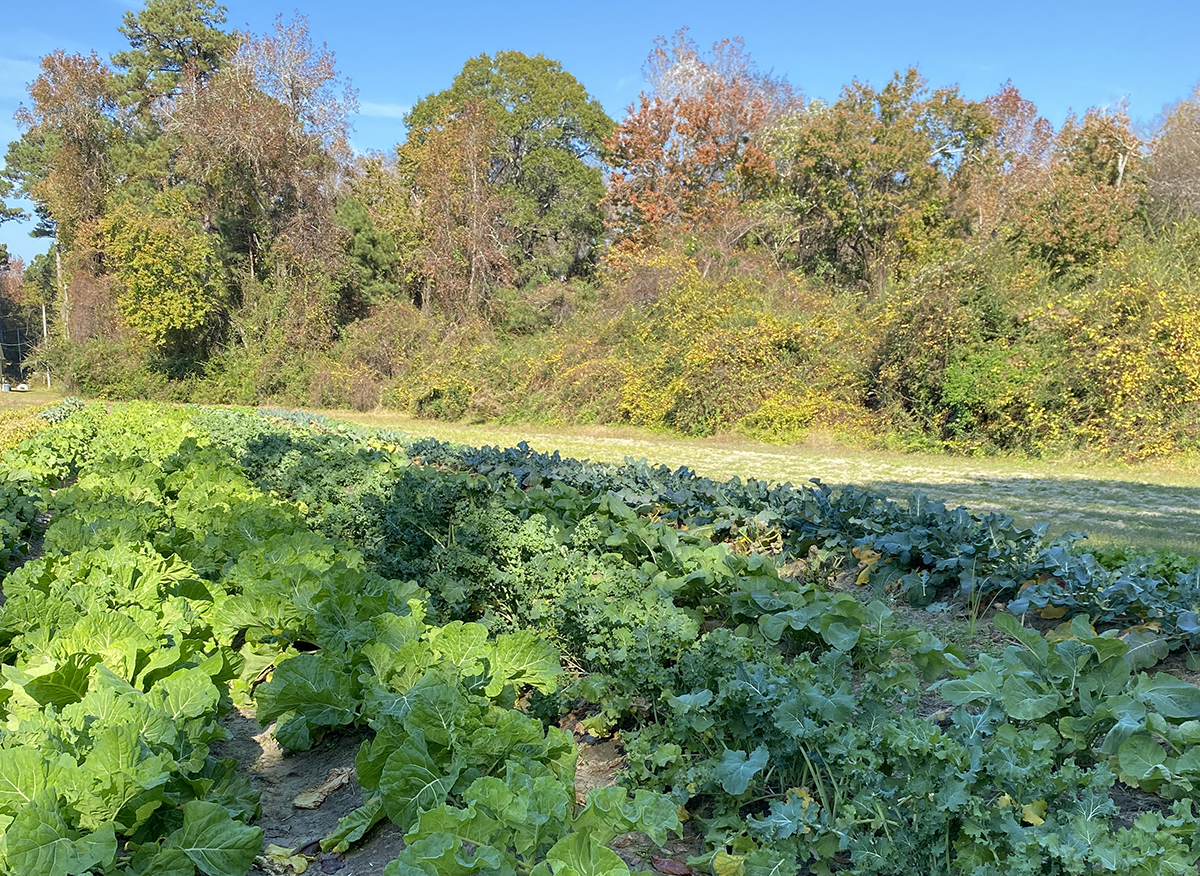Sunshine Week, March 10-16, when news organizations highlight the many obstacles to transparency and openness in government, often focuses on the difficulties in accessing public records, secret meetings and other various ways to cloak government action.
Last year, I wrote about the difficulty of tracking proposals to change environmental policies, mainly because most of the real debate was happening behind the closed doors of House and Senate conference committees.
Supporter Spotlight
This year, as the session began, I was reminded that there are other ways in which the process can get murky and how valuable public information becomes less accessible and available. Here’s why.
Each year, by law, almost every department and agency files some kind of update to the committees in the General Assembly that oversee their budget. In addition, the state budget and many other major pieces of legislation often include special reports and studies. Usually, these reports are part of the give and take of reshaping public policy and help give some indication of the current thinking on a subject and where policy around it might be going.
Some of them are done in lieu of passing a policy proposal. Bills with ideas that aren’t quite ready for prime time or don’t have broad enough support are turned into study bills to keep the discussion going or, at the very least, assuage the disappointment of the bill sponsor.
That means that by design some of what’s produced is destined to see little use. Part of the job of any legislative reporter is sifting through the information for what has the potential to become law.
In environmental policy, however, most of what’s produced regularly is extremely useful and almost every special study or report required in the budget and elsewhere is a precursor to either major initiatives or a shift in policy. In terms of sheer volume, the number of environmental studies and reports outstrips nearly every other subject area in state government.
Supporter Spotlight
Right now, dozens of recently issued studies and reports on subjects like terminal groins, wetlands, coal ash and the turnaround time on environmental permits are loaded on the servers of the North Carolina General Assembly.
Some of them intended for use in this year’s session have been there since last year, but to date almost all of them have yet to heard, explained, reviewed or even mentioned in passing before a legislative committee. Meanwhile, as required in laws passed last year and the year before, more mandated reports are on the way.
At the root of this bottleneck is the reality that committees assigned to do the environmental policy work have all but stopped meeting.
In theory, that kind of work is supposed to happen in the interim, between sessions. But that hasn’t happened either.
The main joint House and Senate oversight group, the Environmental Review Commission, held its last get together in 2018 on Valentine’s Day. It used to meet regularly ahead of each session to dig into the details of potential legislation and try to improve the final product.
The House Select Committee on North Carolina River Quality, which was set up in 2017 to review GenX and other river contamination issues, wrapped up its work on April 28, just ahead of the last year’s short session. So far, it hasn’t been determined which committee will continue the work it started to better understand the broader science and public health implications of challenges highlighted by the GenX contamination.
The only interim work on environmental policy this year was handled by a joint House and Senate oversight committee that was also dealing with a heavy load of work on hurricane recovery. They scheduled a half-hour in January for presentations on new emerging contaminant studies and a broad review of a shellfish mariculture plan.
This is not to say that environmental policy discussions, reviews of studies and reports and debate over clean air and water issues are not happening.
They’re just not happening in public.
This year, during the exceptionally slow start to the session, the building was still buzzing at times. Behind closed doors, those with access to our elected officials and their staffs were making their cases.
In all cases the public will have to get quickly up to speed if anyone outside the insiders want to have any input on the output.
Now, the pace on Jones Street is starting to pick up and with some filing deadlines little more than a month away, legislation affecting all kinds of environmental policies should start to enter the que.
Some of what’s proposed could be wonderful, some awful and, as often is the case for bills worked out in secret, some of it is destined to be repealed or corrected.
In all cases the public will have to get quickly up to speed if anyone outside the insiders want to have any input on the output.
There is a process for crafting environmental policy in North Carolina, but without an open review of what’s going into the proposals and a thorough airing of studies and reports prior to the point of when it’s too late to change anything, it is hard to call the business being conducted “public.”









